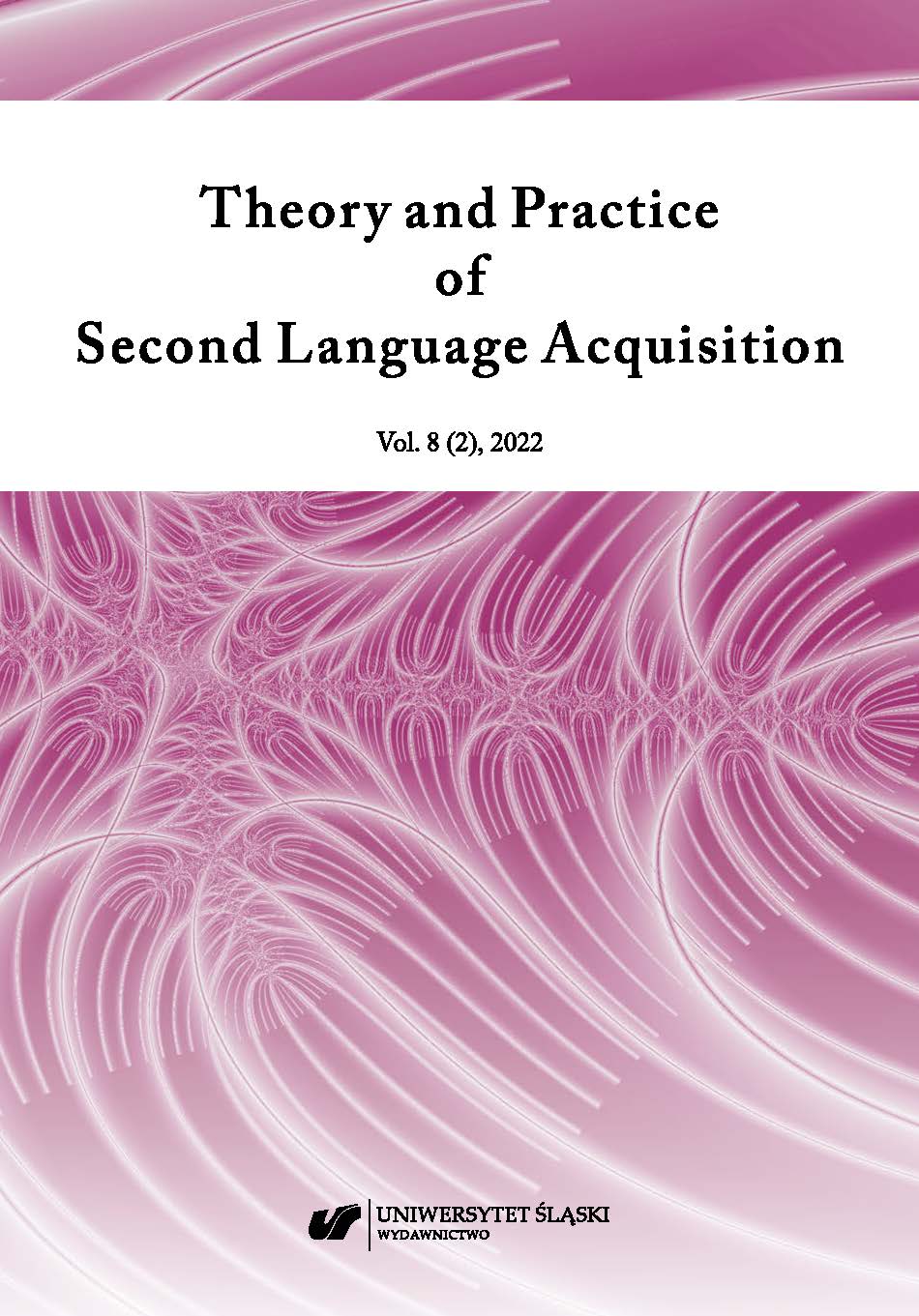Effects of Adjunct Model of Instruction on EAP Learners’ Reading Comprehension Skill
Effects of Adjunct Model of Instruction on EAP Learners’ Reading Comprehension Skill
Author(s): Mahzad Karimi, Elahe GhorbanchianSubject(s): Foreign languages learning, Theoretical Linguistics, Applied Linguistics, Language acquisition, Higher Education , Distance learning / e-learning
Published by: Wydawnictwo Uniwersytetu Śląskiego
Keywords: adjunct model; EAP classes; online courses; reading comprehension
Summary/Abstract: With the quick transition to online teaching during the COVID-19 pandemic, it is vital to take the recent development in language teaching methodology into consideration, especially the pedagogical utility of new models of English for Academic purposes (EAP). Accordingly, the main objective of the present study was to investigate the efficacy of the adjunct model in improving the overall reading comprehension skills of Iranian architecture students in online EAP courses. To this end, from the population of students studying architecture at the Isfahan University of Art, three intact classes, each with 35 sophomore students were selected. While the first class was taught by a language teacher (the Language-driven Group) and the second class received instruction from a content teacher (the Content-driven Group), the third class was taught by applying the adjunct model involving both content and language teachers. At the end of the semester, a reading comprehension test was administrated to all students. The analysis of the data through running a one-way ANOVA and post hoc analysis revealed that the students in the adjunct class outperformed their peers in the other two classes on the reading comprehension test.
Journal: Theory and Practice of Second Language Acquisition
- Issue Year: 2/2022
- Issue No: 8
- Page Range: 1-20
- Page Count: 20
- Language: English

